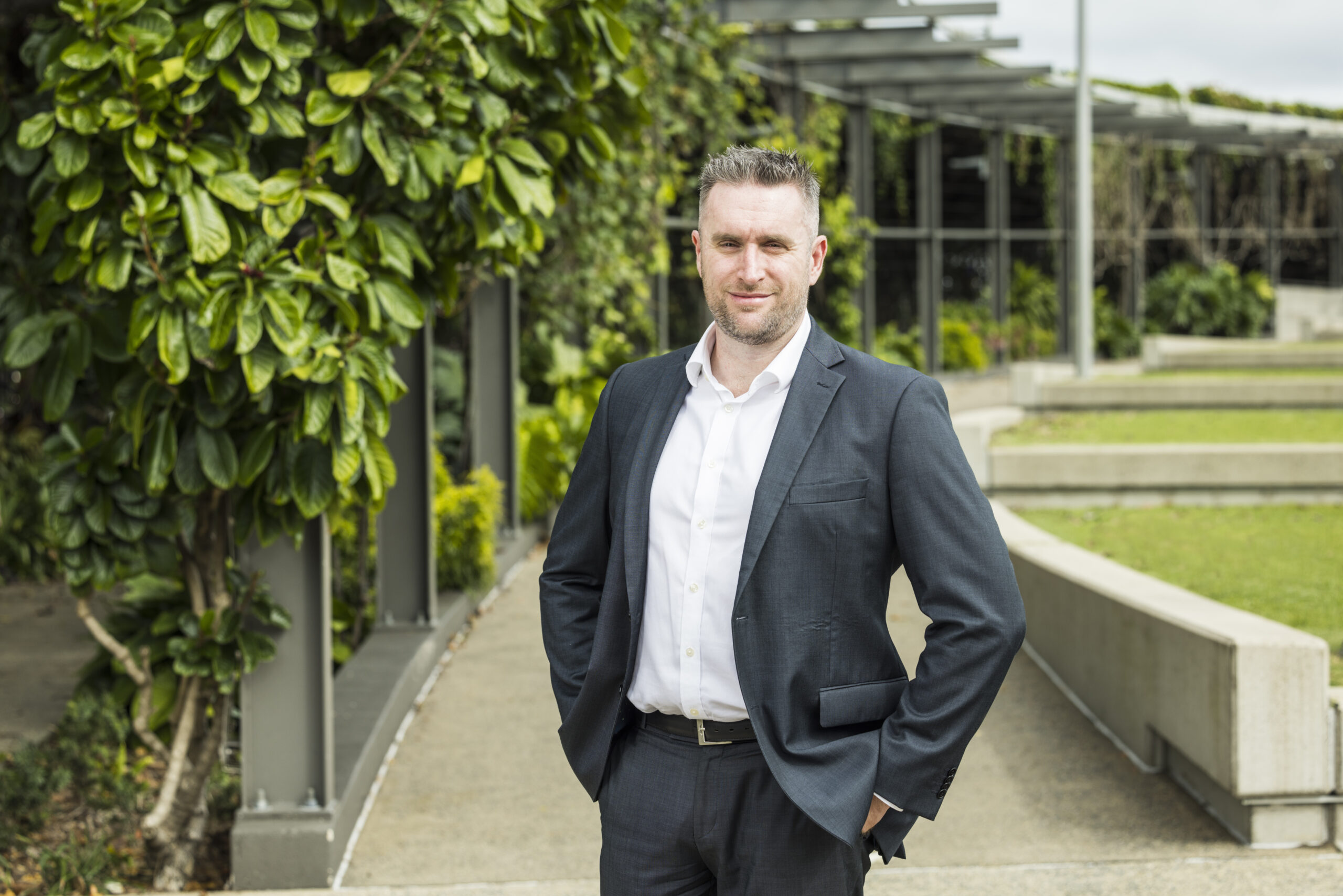
“What do you do?” is often the first question exchanged when people first meet. It’s a good conversation starter, and most people are happy to answer it.
Think back to a time when you had this exchange with someone you first met. Did you respond a certain way, or instinctively assume something about them based on what they do? Some people might have been keen to know more, and others may have feigned interest out of courtesy with a completely unconvincing “Wow, that sounds interesting.” I’ve worn a few ‘hats’ in my time, and the reactions I’ve received have been varied.
When I was a soldier, 99.9% of people would respond positively when I told them what I did (aside from one who suggested I “get a real job” – whatever that means).
Conversely, when I tell people I’m a lawyer, some respond like I must be an unscrupulous and shady character living a life of luxury cars and bedsheets of the finest Egyptian cotton. And when inevitably asked, “How do you sleep at night?”, my answer is always the same: “On top of a second-hand mattress and under a threadbare quilt I bought years ago using all my Qantas frequent flyer points.”
Regardless of how accurate the assumptions of others are, the point is that our professions become integral to how others perceive us and, more importantly, how we perceive ourselves. Our work plays a pivotal role in shaping the trajectories of our lives, where we live, what we can afford, and who we spend time with. It provides us with a sense of purpose, security, and confidence.
Put simply, our careers are inextricably linked to our egos and our identities.
Looking at it through that lens, it makes sense that the true underlying question behind the seemingly innocent enquiry into what you do for a living is, in essence, “Who are you?”
At this point, I understand if you’re thinking to yourself, “Andrew, if I were interested in your background or your wildly unremarkable philosophical observations, I’d look at your bio in the ‘Team’ section of the TSP website for the former and direct you to read Marcus Aurelius for the latter.”
Fair enough.
In the realm of personal injury law, clients often undergo a challenging mental journey from the moment of injury to the finalisation of their claim. Regardless of the nature of their injuries, there is often, to a degree, a psychological toll that arises from an unexpected and insidious side-effect: a feeling of a loss of identity.
In her 2019 Harvard Business Review article, American psychologist Dr Janna Koretz discusses that identifying too closely with your job can be risky.[1] It can leave you vulnerable to an identity crisis if you get laid off, retire, or experience burn-out. The psychological term for people in this situation is known as “enmeshment.” Although more common in those who work in high-pressure careers, anyone can be vulnerable to it.
Imagine this:
You’ve been in your job for 20 years. It’s what you know and it’s what you’re comfortable doing. Your plans are backed up by the assumption you’ll be doing your job until retirement.
Suddenly (as is often the case), you get seriously injured.
Your employer is supportive at first and you take a few weeks off to recover. A few weeks becomes a few months and, as time goes on, it becomes clear your injuries now restrict you from doing your job for the foreseeable future.
Your now former employer has filled the position left vacant by your departure, catching up with former colleagues happens less and – at the risk of sounding facetious – the bills keep piling up as some sort of grim pièce de résistance on the whole ordeal.
You still need to relieve the financial pressures. If you’ve been medically assessed as capable of working, you’ll need a job. Unfortunately, your injuries limit you to jobs you can perform within the restrictions of your injury, and those jobs are likely to be roles you have no experience in and have never considered doing previously.
You’re essentially, through no fault of your own, starting from scratch on a lot less pay, in a job you don’t know, and often working under people a lot younger than you.
That last part can be a real test of character for some. Asking for help and taking instructions from younger people doesn’t come naturally for all of us. Particularly if you’ve previously worked in positions of leadership.
Speaking from personal experience as someone who has changed jobs several times, being the ‘newbie’ at work hasn’t been easy, particularly as I’ve gotten older. However, the difference between myself, and someone who has suffered a serious injury, is that I wasn’t forced to make changes because of a set of cruel and unfortunate circumstances. Each change was a personal choice.
For others, the transition from a familiar profession to an uncertain future is daunting and further exacerbated by the limitations imposed by the injury. Sticking to the same job fosters familiarity and routine. However, the unforeseen consequence of a career-altering injury is a profound shift in one’s sense of self. Statements like “I feel so lost” and “I’ve lost all sense of self-worth” echo the common sentiment among those grappling with the aftermath of a serious injury.
Clients of personal injury law firms are not only grappling with the financial side-effects of suffering an injury, but they are on a forced journey of recovery and self-discovery. Their personal, professional, and financial struggles won’t always stop once their claims are settled and their legal fees are paid. It’s important for us lawyers to keep that at the forefront of our minds.
[1] Dr Janna Koretz, ‘What Happens When Your Career Becomes Your Whole Identity’, Harvard Business Review, (online at 26 December 2019) <hbr.org/2019/12/what-happens-when-your-career-becomes-your-whole-identity>.
Lawyer
View Bio >
